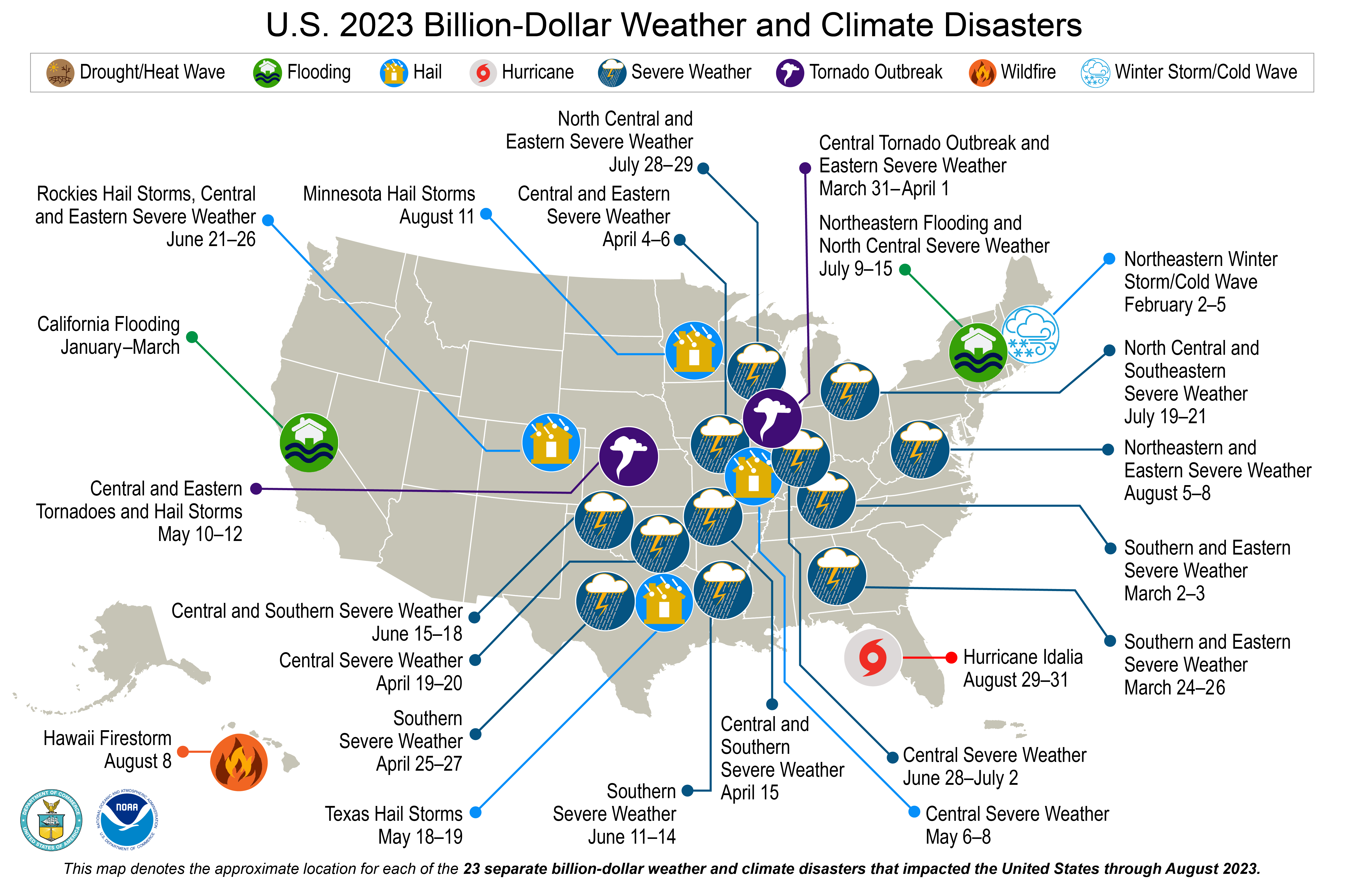The state of California is suing some of the world's biggest oil and gas companies, accusing them of decades of deception that's responsible for billions of dollars in climate change-related disasters.
A civil lawsuit filed Friday in a San Francisco state Superior Court accuses energy giants ExxonMobil, Shell, Chevron, ConocoPhillips and BP of misleading the public about the dangers of fossil fuels and their impact on climate change. The state seeks to hold the companies accountable by forcing them to finance a fund that can be used for storm and wildfire recovery efforts — rather than placing the burden on taxpayer dollars.
"For more than 50 years, Big Oil has been lying to us – covering up the fact that they’ve long known how dangerous the fossil fuels they produce are for our planet. It has been decades of damage and deception," California Gov. Gavin Newsom said in a statement. "Wildfires wiping out entire communities, toxic smoke clogging our air, deadly heat waves, record-breaking droughts parching our wells. California taxpayers shouldn’t have to foot the bill. California is taking action to hold big polluters accountable."
SEE MORE: Thousands march to demand fossil fuels end as NYC Climate Week begins
Several other states and municipalities, including Rhode Island, Baltimore and Honolulu, have filed similar suits against energy giants, but California is now the largest economy to file suit against the industry, according to a press release from state Attorney General Rob Bonta.
"With our lawsuit, California becomes the largest geographic area and the largest economy to take these giant oil companies to court," Bonta said. "From extreme heat to drought and water shortages, the climate crisis they have caused is undeniable. It is time they pay to abate the harm they have caused."
According to the 135-page complaint, California claims the energy companies have known about the negative impact of fossil fuels on the environment since at least the 1960s but have downplayed the risk and launched a disinformation campaign to protect their profits at the cost of taxpayer dollars.
The American Petroleum Institute, which is also listed as a defendant in the lawsuit, claimed that climate policy is an issue for Congress, not the courts.
"This ongoing, coordinated campaign to wage meritless, politicized lawsuits against a foundational American industry and its workers is nothing more than a distraction from important national conversations and an enormous waste of California taxpayer resources," senior vice president Ryan Meyers said in a statement obtained by the Associated Press.
SEE MORE: Study: World Bank loaned billions to oil & gas despite green promises
For decades, California was one of the nation's leading oil producers, but has since shifted toward more green initiatives amid the growing scientific data that highlights the negative impact of gas and oil on the climate.
A recent study published in the Future of Energy Policy shows that greenhouse gas emissions and atmospheric carbon dioxide levels continue to rise due to increased fossil fuel burning. And human-induced climate change could lead to the premature deaths of around 1 billion people over the next century, the study shows.
"If you take the scientific consensus of the 1,000-ton rule seriously and run the numbers, anthropogenic global warming equates to a billion premature dead bodies over the next century. Obviously, we have to act. And we have to act fast," said one of the study writers, Joshua Pearce.
The "1,000-ton rule" suggests that about one early death might occur for every 1,000 tons of fossil carbon burned.
SEE MORE: Climate Changed: What Now?
Additionally, a new government report shows just how frequent and costly natural disasters have become in the United States.
According to scientists with the National Oceanic and Atmospheric Administration, the U.S. has seen more billion-dollar disasters in the first eight months of 2023 than in any year since the agency first began tracking these events in 1980.
So far this year, the NOAA has tallied 23 separate weather and climate disasters, each with losses exceeding $1 billion. These disasters include 18 severe weather events, two flooding events, one tropical cyclone, one wildfire event and one winter storm. According to the NOAA, the disasters are responsible for 253 fatalities and have produced nearly $58 billion in damages.

Trending stories at Scrippsnews.com


